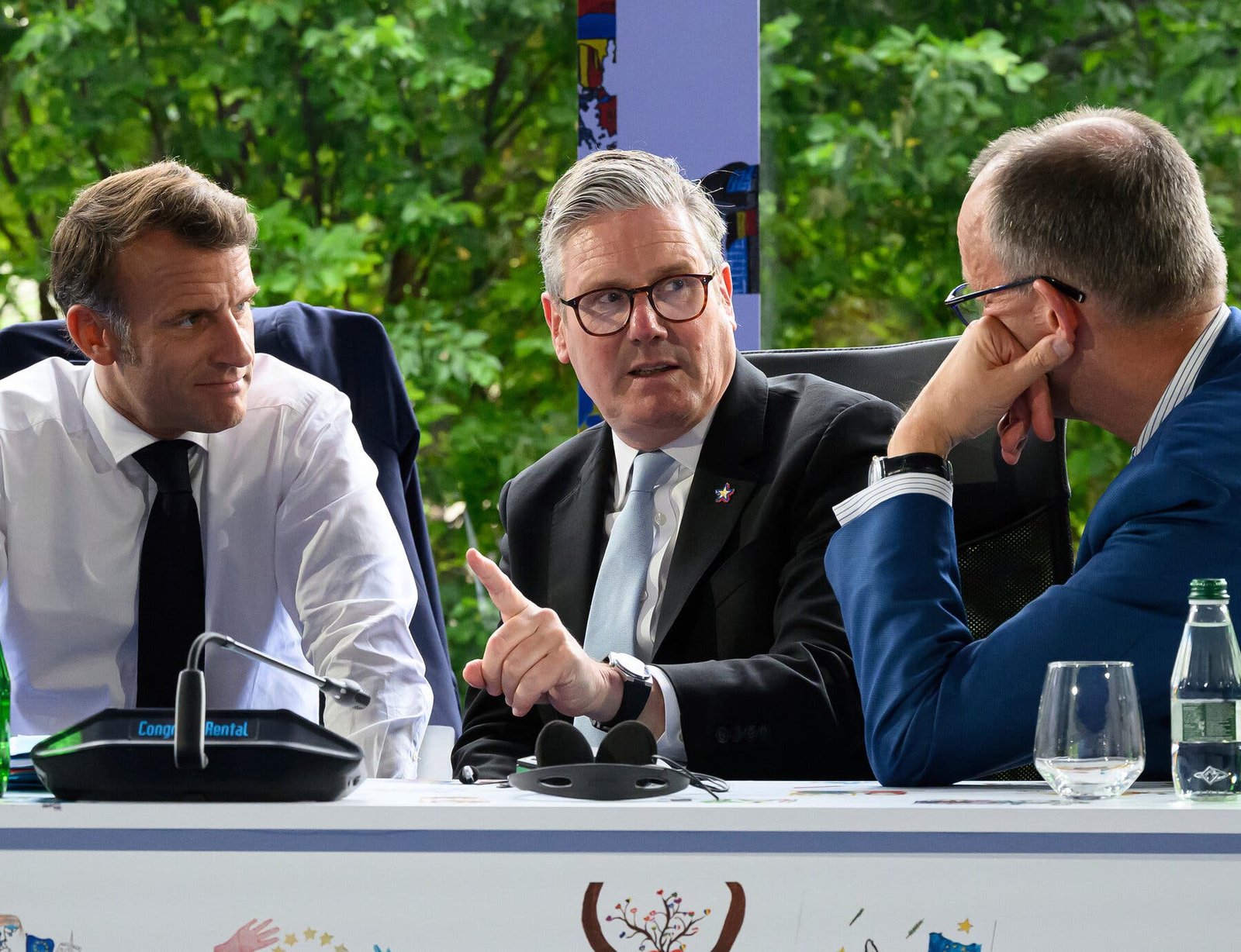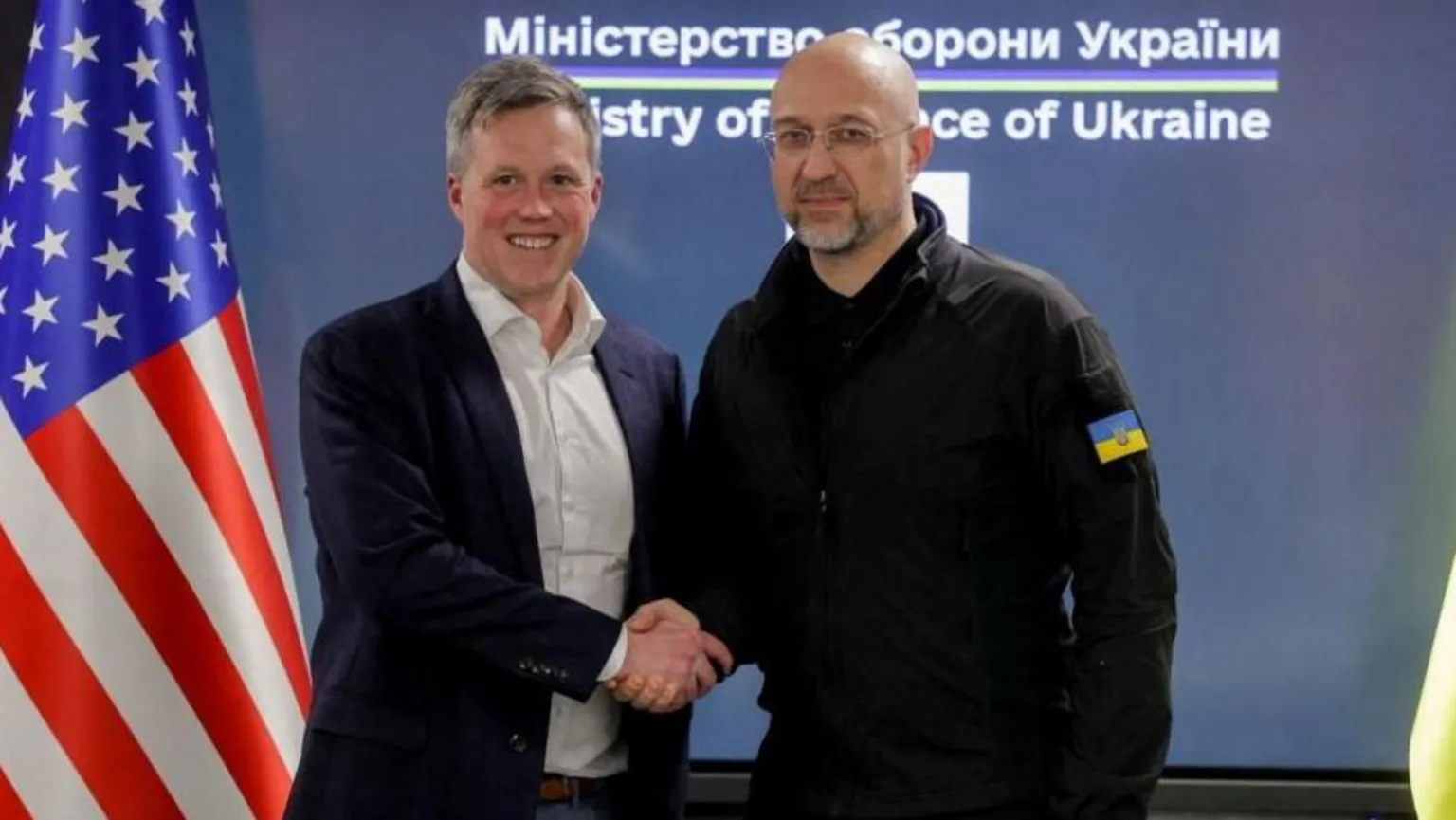Europe’s Strategic Shift: Britain, France, and Germany Prepare for a Post-America World
Published: July 18, 2025 | By: Atlantic Updates
Rebuilding Trust Within Europe
In a dramatic turn of international relations, the leaders of Britain, France, and Germany—Europe’s three most powerful nations—are setting aside old grievances to build a stronger, more united European front. What binds them now is a shared concern over the long-term reliability of their once-steady transatlantic ally: the United States.
This coordinated European pivot comes amid growing uncertainty triggered by the leadership of former U.S. President Donald Trump, who has repeatedly undermined traditional alliances such as NATO and withdrawn from key international commitments.
Trump’s Impact on Transatlantic Alliances
Since returning to office in early 2025, President Trump’s unpredictable foreign policy and confrontational stance toward global partnerships have shaken the foundations of the trans-Atlantic alliance. His criticism of NATO member states for “freeloading” and his decision to scale back U.S. military support in Eastern Europe sent shockwaves through European capitals.
As a result, Europe’s leaders are no longer treating U.S. protection as a given. Instead, they are preparing for a future where self-reliance in both economic and military matters is essential.
New Defense Partnerships Emerge
To bolster their collective security, Britain, France, and Germany are forming deeper military partnerships. Joint defense exercises, increased intelligence sharing, and cooperative procurement of advanced military technologies are now high priorities on the European agenda.
France and Germany have already strengthened the framework of the European Defence Fund, while Britain—despite Brexit—is actively coordinating through bilateral defense agreements. The trio has also launched a new rapid-response task force aimed at addressing emerging threats without reliance on U.S. involvement.
Diplomatic Realignments
Diplomatically, the European powers are creating parallel networks that reduce dependence on U.S.-dominated organizations. The revival of the European Political Community and increased cooperation within the United Nations and World Trade Organization reflect this shift. The goal is to ensure that Europe remains a global player even if U.S. engagement wanes.
This strategic alignment includes stronger trade ties with emerging markets in Asia, Latin America, and Africa—an effort to diversify partnerships and reduce geopolitical risks associated with U.S. economic policy swings.
Why This Strategic Shift Matters
This transformation has broad implications. For decades, Europe’s economic recovery and peace after World War II were anchored by American leadership and military might. Now, a generation of European leaders is rewriting the rulebook.
Security experts say that a Europe capable of defending itself could rebalance global power dynamics. Others warn that the weakening of NATO and U.S.-European unity could embolden authoritarian regimes in Russia, China, and elsewhere.
The Road Ahead
Though still in early stages, the movement toward European defense autonomy is gathering momentum. The recent Berlin Summit saw the signing of a “European Strategic Sovereignty” pact, pledging deeper integration across military, energy, and cyber fronts.
Public opinion across Europe also supports this move. According to a recent poll by the European Council on Foreign Relations, 62% of Europeans believe their continent should “take greater responsibility for its own defense” and 54% view the U.S. as a “less reliable ally” than a decade ago.
Conclusion: A New Era in Global Power
The post-World War II era defined by American dominance may be entering its final chapters in Europe. Britain, France, and Germany are not breaking ties with the U.S., but they are clearly preparing for a future in which European independence is no longer optional—it’s necessary.
As Europe rewrites its role on the global stage, the world watches closely. Whether this pivot leads to a more balanced international order or deepens divisions remains to be seen. What’s certain is that the landscape of global alliances is undergoing a historic transformation.





